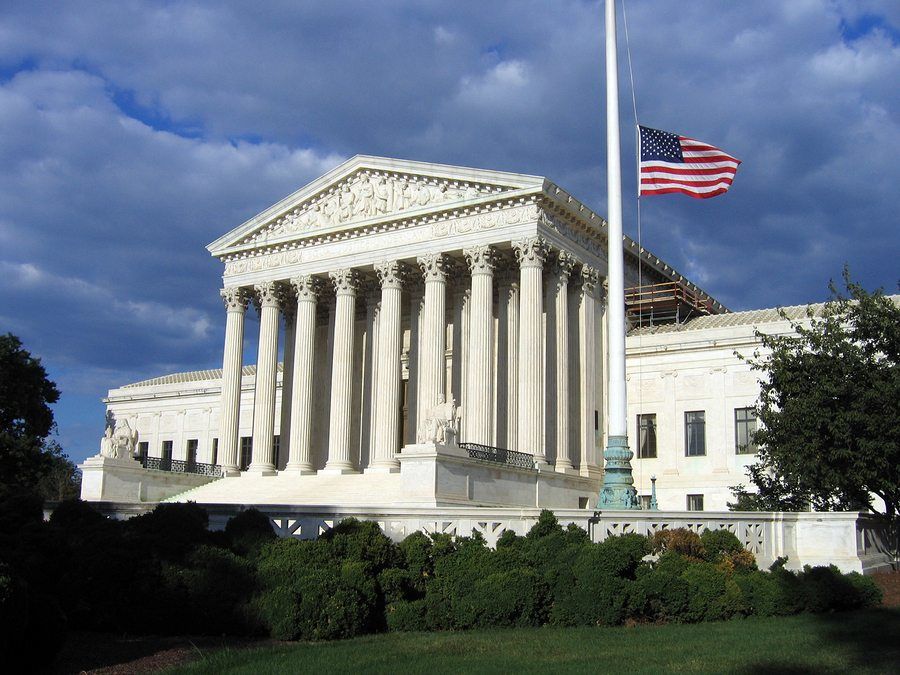On Monday the United States Supreme Court approved the third version of the Trump presidency’s travel ban to take effect whilst legal arguments against it go on.
This decision has proven to be a win for the Trump administration following the legislation’s poor success in court over the US summer as judges dismissed successive versions of the ban.
The Supreme Court’s short, unratified orders on Monday asked the courts of appeal to move quickly in order to determine whether this most recent version of the ban was justified in the law.
This Supreme Court order means that the Trump administration can now completely enforce the new restrictions on travel from 8 different nations with 6 of them with majority Muslim populations. As of Monday the majority of travellers from Iran, Libya, Syria, Yemen, Somalia, Chad and North Korea will not be able to legally enter the United States.
The law will also ban some travellers from Venezuela as well.
The details of the travel ban are varied but in the majority of instances people from the banned countries will not be able to settle in the Unites States as well as being restricted from working, studying of vacationing.
As an example, Iranian students will still be able to carry out exchange programs but they will be subjected to enhanced screenings. Somalians will not be able to emigrate to the US but can visit with enhanced screenings.
The new orders overturn a previous compromise that allowed travellers with pre-existing connections to the United States to have the right to travel there regardless of restrictions in earlier forms of the travel ban.
The Supreme Court’s orders detailed no reason for the sudden shift by justices. The decision has suggested that the Trump administration will have a higher chance of beating legal challenges against the travel ban.
The ACLU (American Civil Liberties Union) is representing those who are against the travel ban have stated they will continue to fight to ban in the appeal courts when proceedings renew.
Officials within the ACLU and other critics of the Trump presidency have continually referred to the travel ban as an anti-Muslim policy that reflected the xenophobic platform on which the current president was allegedly elected.
Arguments are set to be heard in the two federal appeals cases that will determine whether the travel ban is exceeding president Trump’s broader powers in regard to immigration. The Supreme Court ruling does not have any effect on the considerations of lower appeals courts on the issue.
With this new ban representing an indefinite restriction on travel from certain countries, worldwide condemnation of the Trump administration is likely to increase as the months go on.

